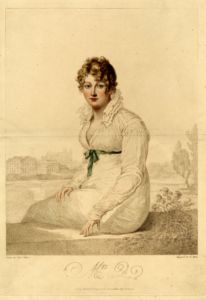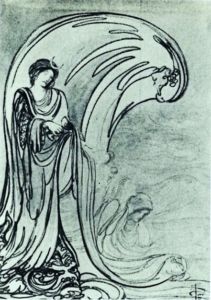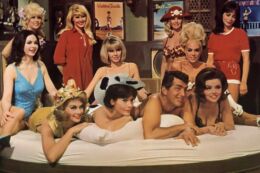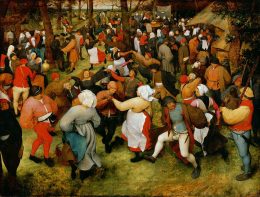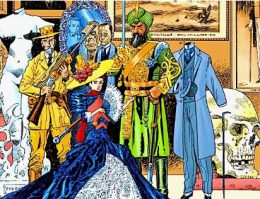7,128 words
“The more I see of the world, the more am I dissatisfied with it.” — Jane Austen, Pride and Prejudice
The last article of mine that our editors at Counter–Currents kindly published was about the masculine topic of military history. To complement a foray into the Napoleonic Wars, I included a clip from the 1970 film Waterloo.[1] In the comments, a reader shared an observation about one of the few Waterloo scenes that did not take place on a battlefield. Instead, this particular scene immersed audiences in a Brussels high-society fête, where the Duchess of Richmond hosted the Duke of Wellington’s officers at her famous summer Ball of 1815. (more…)
